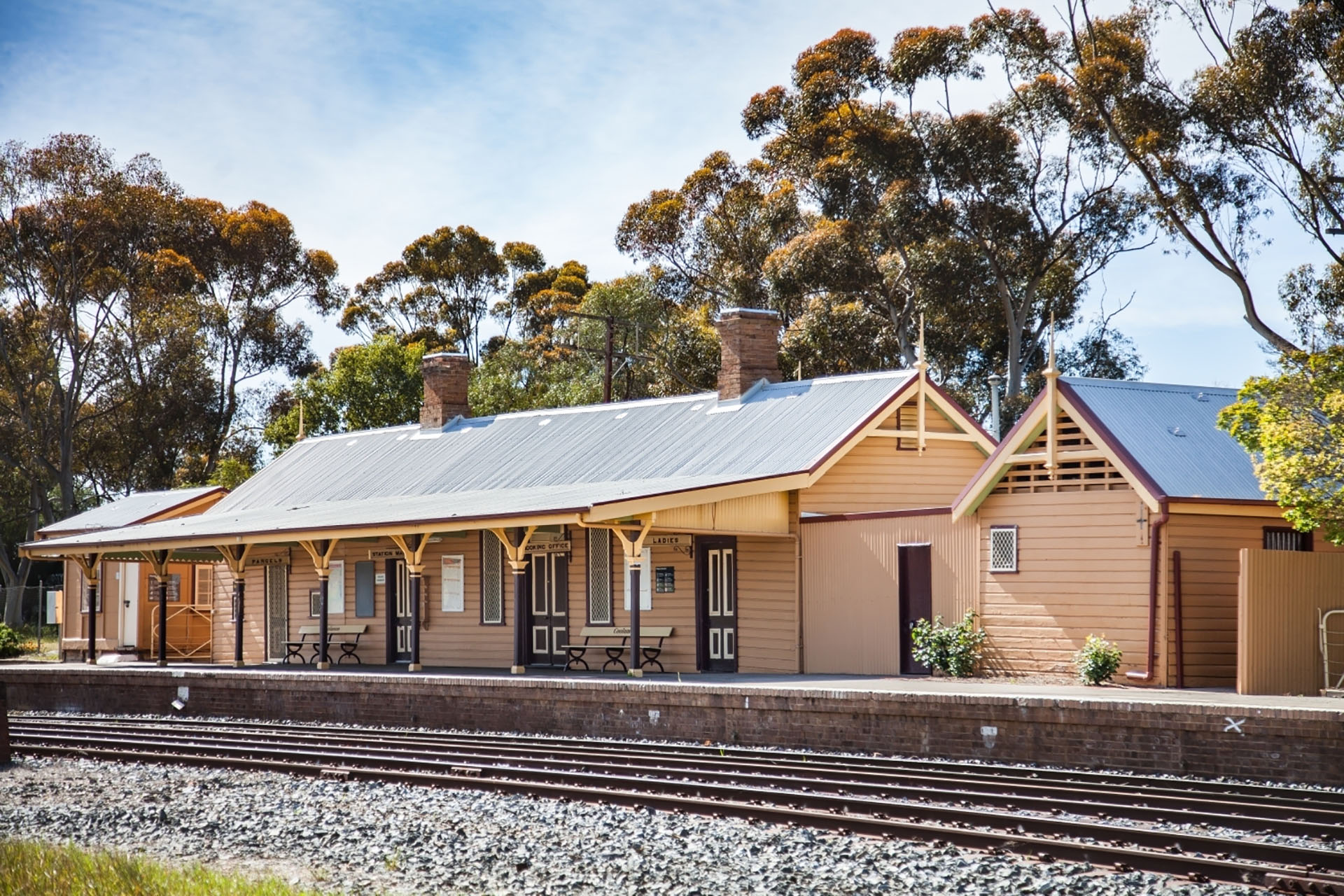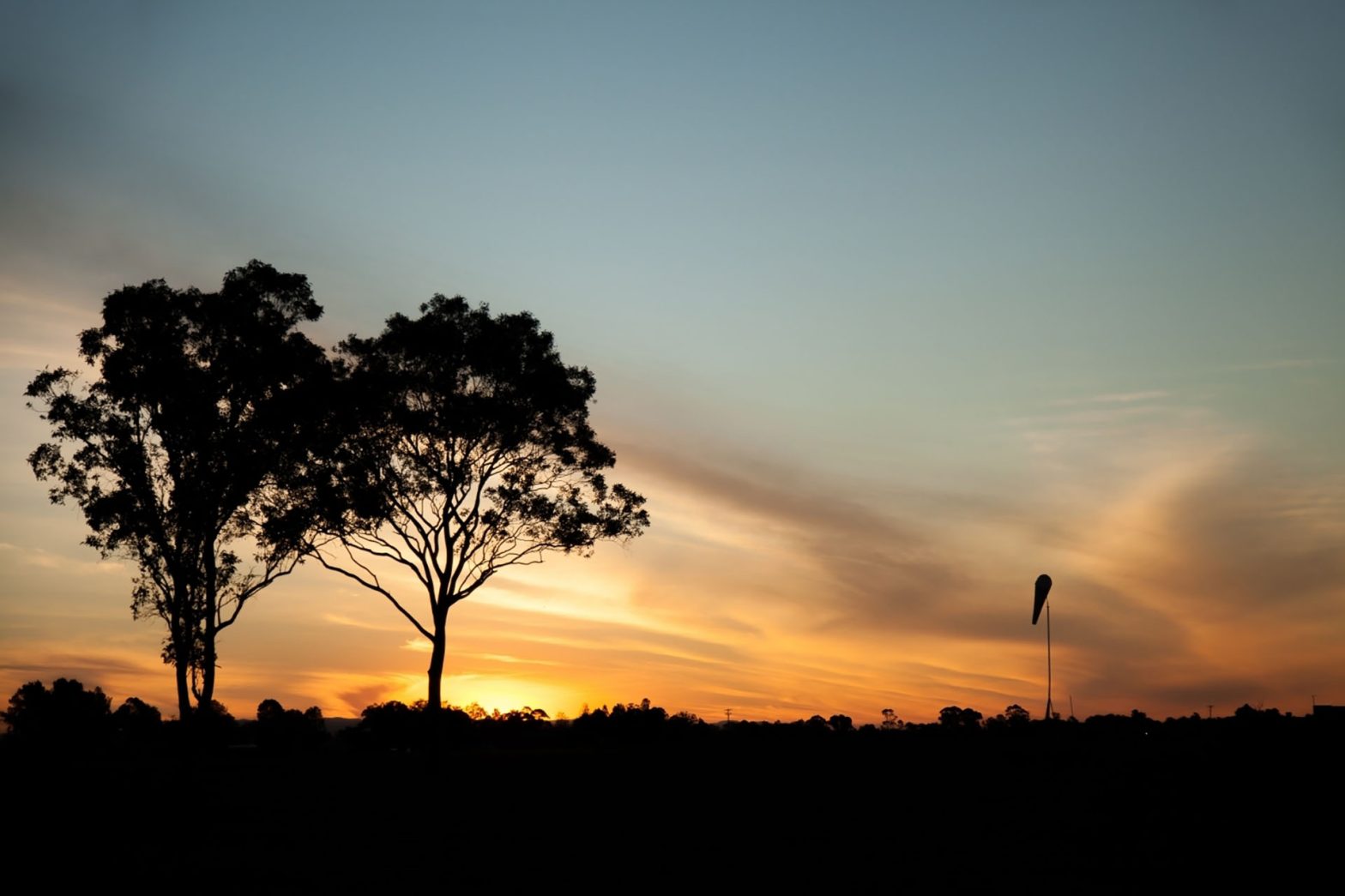This may seem an odd topic for an article in the Institute of Conveyancers’ magazine. After all “licensed conveyancers in NSW are professionally qualified to advise clients in the legal matters involved in the buying or selling of property or businesses within NSW”. However, if we adopt a broader perspective of the property industry, I think the issue of what constitutes a land survey and who can carry out a land survey is of importance to all of us working within the industry.
So, what is the issue behind this topic? The Board of Surveying and Spatial Information (BOSSI) published a paper in September 2018 on this subject of what is a land survey.
The Board had been concerned for the past decade by instances and complaints about unregistered persons undertaking land surveys. The BOSSI paper is available on their website and gives a comprehensive explanation of what is a land survey and what are the qualifications and training required to become a registered land surveyor in NSW.
In simple terms a land survey is any survey identifying boundaries of land. This includes amongst other things subdivisions and strata plans. The NSWLRS under the terms of the concession relies on these plans to create 40-60,000 new titles each year. Any errors or inconsistencies in survey plans would lead to problems for cadastre (the survey plans upon which ownership is based) and could result in problems in the titles that are created.
To ensure the integrity of these plans only Registered Land Surveyors can sign these plans which are then checked by NSWLRS prior to title creation. But there are many other surveys that identify boundaries that are not used for the creation of title. For example, the identification
or marking of boundaries of a parcel of land for a purchaser of a property or for building works. These will often show offsets from the boundary to existing structures. This example would be a land survey and should be undertaken by a Registered Land Surveyor.
Why is it important to ensure land surveys are only undertaken by a Registered Land Surveyor? The property industry that we are all a part of is the largest employer in Australia and directly accounts for 13% of the GDP of Australia. If unregistered persons without suitable qualifications, training and experience are undertaking surveys that indicate or mark boundaries we would soon find that the integrity of the underlying layer of parcels of ownership could be compromised.
This would lead to inefficiency and additional costs to the property industry, including the buying and selling of land, and could have a significant negative impact on the economy.
These unregistered persons are not accountable to BOSSI for their standards, quality of work or their ethical behaviour.
However, BOSSI can and does take legal action against these persons for undertaking land surveys which under the Surveying and Spatial Information Act can only be undertaken by a Registered Land Surveyor.
So, what is a Registered Land Surveyor? It is a surveyor registered under the S&SI ACT 2002. They are skilled in measurement, interpretation of evidence to define boundaries, the preparation of plans for title creation and in resolving ambiguities in evidence based on their understanding of the law.
They undertake a four-year Bachelor degree from University, two years of experience under the supervision of a Registered Land Surveyor, undertake complex projects and pass 5 BOSSI exams in urban and rural cadastral surveying, strata and community title, town planning and engineering and maintain competence through yearly Continuing Professional Development monitored by BOSSI.
So why is it important that land surveys are only undertaken by a Registered Land Surveyor? It
will ensure that suitably trained and experienced professionals are maintaining the integrity of boundary fabric that the ownership of land is based upon. This is important for all professionals involved in the property industry of NSW.
Des Mooney
Director, Association of Consulting Surveyors NSW Former Registrar General of NSW, Former Surveyor General of NSW





